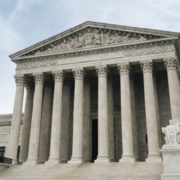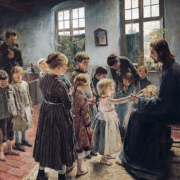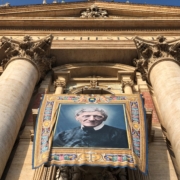Humanae Vitae Dissenters Should Not Be Teaching at Catholic Colleges
Considering the morally corrupt and hypersexualized state of our culture, it’s not that surprising that dissenters from Blessed Paul VI’s 1968 encyclical Humanae Vitae would think now is a good time to revive their tired, old, anti-Catholic push to reverse the beautiful teachings of the Church regarding human sexuality — specifically, the use of contraceptives.
What should be surprising is that the leaders of this new campaign of public dissent against Church teaching are still allowed to teach theology, ethics, philosophy, religious studies, etc. at Catholic colleges across the country.
More than two dozen professors associated with Catholic colleges are involved in the new campaign to dismantle Humanae Vitae, organized by the dissident Wijngaards Institute for Catholic Research. Their report arguing that contraceptives are “morally legitimate and even morally obligatory” has the backing of the United Nations and was presented at the U.N. in New York on Tuesday.
The report of the Wijngaards Institute, “On the Ethics of Using Contraceptives,” features some of the old names of the anti-Humanae Vitae movement still clinging to their dissent, and, unfortunately, still shaping young minds. Professors from Georgetown University, Fordham University, San Diego University, Duquesne University, Fairfield University, Loyola University in Chicago, Loyola University in New Orleans, and several other Catholic colleges appear among the current list of about 150 signatures.
Theologian Father Charles Curran is probably the most well-known signatory. He was one of the most notorious dissidents in Catholic higher education before the Vatican ousted him from The Catholic University of America (CUA) in 1986. These days he’s found at Southern Methodist University.
The ousting of Fr. Curran helped spark a revival of Catholic identity at CUA that continues today. In fact, on the same day the Wijngaards Institute report was released at the UN, CUA hosted an event on campus announcing the release of competing statement affirming the truths of the Church’s teaching on contraception in Humanae Vitae: “Affirmation of the Catholic Church’s Teaching on the Gift of Sexuality.”
This statement, composed by faithful Catholic theologians and supported by more than 500 Catholic intellectuals, outlines how contraception “is not in accord with God’s plan for sexuality and marriage.” This is what the Catholic faith teaches, and this is what we should expect is being taught to students by theology professors at Catholic colleges.
Why is it that on issues of sexuality and gender, dissent from Church teaching is still accepted and even encouraged at Catholic colleges? Would those who deny the divinity of Jesus or the Trinitarian nature of God be acceptable as Catholic theology professors? One shudders to think if the answer is “yes.”
This scandalous situation, in which far too many Catholic colleges have put themselves, directly endangers the souls of students. For any Catholic college that seeks to follow its religious mission, it makes no sense for an employer (the college) to hire and retain employees publicly opposed to the college’s mission.
These dissident Catholic theologians supporting the Wijngaards Institute report are undermining the colleges that employ them and the entire Church in the process. Their scandalous behavior echoes beyond the walls of the classroom and should concern every faithful Catholic.
It will be interesting and telling to see if any of the Catholic colleges whose professors have signed in support of the Wijngaards Institute report decide to part ways with the offenders — or take any action at all. Looking at the list of colleges, it doesn’t seem likely. But Catholic families should expect better and deserve better from these institutions, as long as they continue to claim a Catholic identity.
This article was originally published by National Catholic Register.

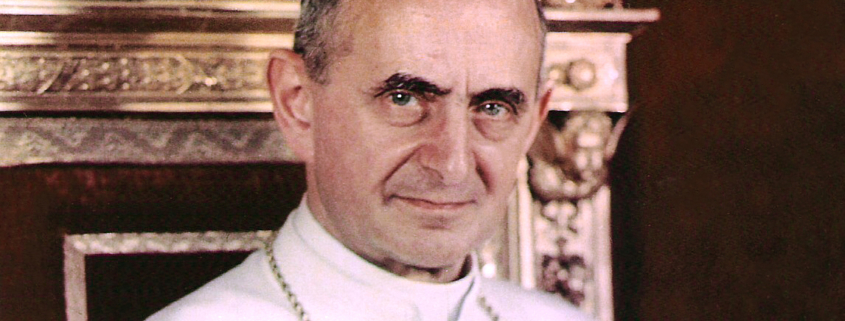
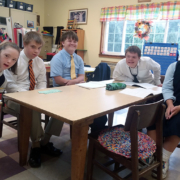

 Photo by David Mark via Pixabay CC0
Photo by David Mark via Pixabay CC0